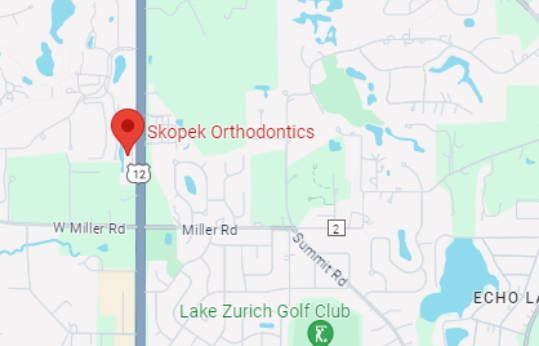Chicken pox is a common viral infection that usually occurs during childhood. Although the disease symptoms only last a short time, the virus that caused it may remain, lying dormant for years within the body’s nervous system. Decades later it may reappear with a vengeance in a form known as herpes zoster, what most people know as shingles.
A shingles outbreak can be quite painful and uncomfortable—and it’s also not a condition to take lightly. Occurring mainly in people over fifty, it often begins with an itching or burning sensation in the skin. This is often followed by a red rash breaking out in a belt-like pattern over various parts of the body, which may later develop into crusty sores. Symptoms may vary from person to person, but people commonly experience severe pain, fever and fatigue.
Besides the general discomfort it creates, shingles can also pose major health problems for certain people. Individuals with other health issues like pregnancy, cancer or a compromised immune system may experience serious complications related to a shingles outbreak.
In its early stages, shingles is contagious, spreading through direct contact with shingles sores or lesions or through breathing in the secretions from an infected person. This characteristic of shingles could affect your dental care: because the virus could potentially pass to staff and other patients, dentists usually postpone cleanings or other dental treatments for patients with shingles, particularly if they have a facial rash.
If you’re diagnosed with shingles, most physicians recommend you begin antiviral treatment as soon as possible. You should also let your dentist know if you have shingles, which may put off any scheduled treatments until your doctor determines you’re no longer contagious.
There’s one other thing you can do, especially if you’re over 60: obtain a shingles vaccine, available from most physicians or clinics. The vaccine has proven effective in preventing the disease, and could help you avoid this most unpleasant health experience.
If you would like more information on shingles and its effect on dental care, please contact us or schedule an appointment for a consultation.


